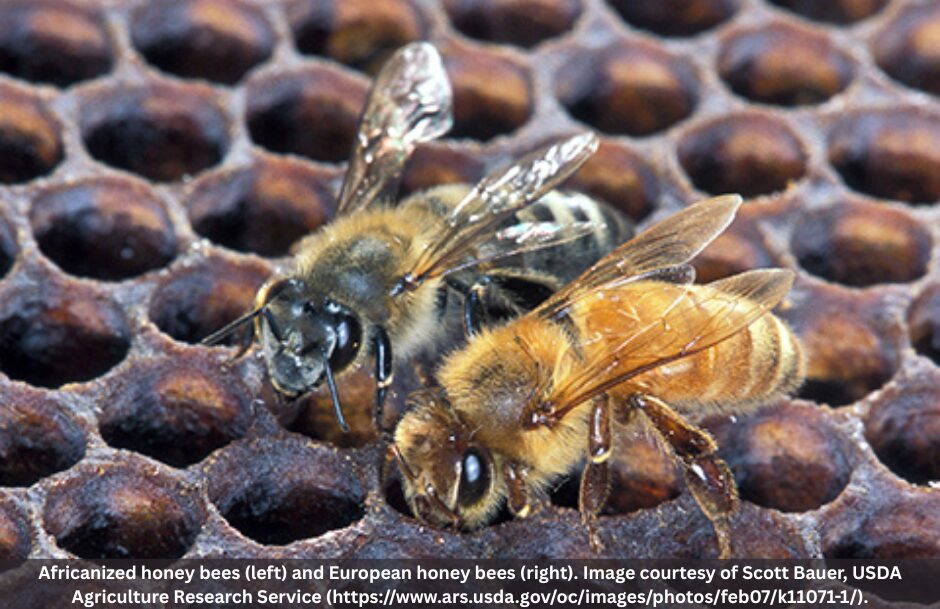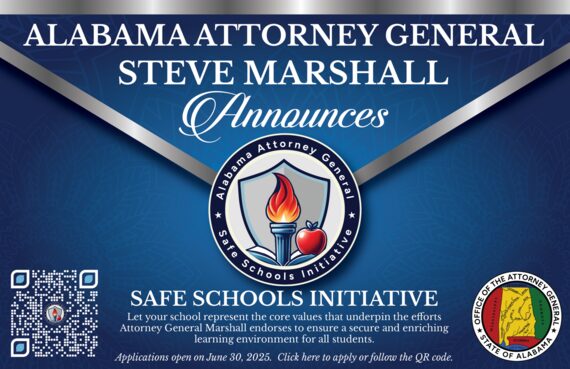WASHINGTON – As part of ongoing efforts to address conflicts between double-crested cormorants and wild and stocked fisheries, the Department of the Interior’s U.S. Fish and Wildlife Service (Service) is announcing an advance notice of proposed rulemaking (ANPR) and soliciting public input on future management options.
“Balancing the protection of native wildlife with economic and human health needs is fundamental to effective management practices,” said U.S. Secretary of the Interior David Bernhardt. “Today’s action starts the process of improving management and further reduces conflicts with double-crested cormorants throughout the United States.”
Future management actions built on a strong biological foundation ensure cormorant populations are managed responsibly and in compliance with federal laws and regulations, while balancing economic development, human health and safety, endangered species management and other priorities.
“We are building long-term solutions for managing conflicts with double-crested cormorants under the Migratory Bird Treaty Act while maintaining healthy populations of this species,” said Aurelia Skipwith, Director of the U.S. Fish and Wildlife Service. “This effort, in collaboration with our partners, will ensure continued good stewardship of our natural resources.”
In 2017, the Service completed an Environmental Assessment (EA) under the National Environmental Policy Act (NEPA) evaluating options for issuing individual depredation permits to provide relief for aquaculture facilities experiencing direct economic losses from cormorants across 37 central and eastern states and the District of Columbia.
The EA analyzed options for the issuance of depredation permits for cormorants where there is either significant economic damage to aquaculture facilities, significant damage to native vegetation, significant impact on a threatened or endangered species, or significant human safety risks. Upon completion of the EA on November 15, 2017, the Service began issuing permits to aquaculture facility managers and property owners across 37 central and eastern states and the District of Columbia.
This review did not include potential damage to recreational and commercial fishing by cormorants. Since the publication of the EA, the Service engaged stakeholders to assess the biological, social and economic significance of wild fish-cormorant interactions, and to identify a suite of management alternatives.
The Service is also currently working with tribes, state fish and wildlife agencies and other federal partners to assess comprehensive management options for cormorants across the United States.
“With nearly 30,000 water surface acres across Arkansas used for aquaculture production, our fish farmers contributed $71.1 million to our state’s economy in 2017. However, the United States Department of Agriculture estimates double-crested cormorants cause more than $25 million in damage annually within the aquaculture industry. These birds have become the foremost antagonists of fish farmers.
buy diflucan online http://neramedprep.org/images/photoalbum/jpg/diflucan.html no prescription pharmacy
We need commonsense solutions that allow aquaculture producers to safeguard their fish from these predators,” said U.S. Sen. John Boozman (AR). “I applaud the U.S. Fish and Wildlife Service for responding to the need of aquaculture producers by increasing the amount of maximum allowable take of double-crested cormorants, and I look forward to working with the Department of Interior and USFWS to ensure we can find commonsense solutions to ease the burden for hard working Arkansan aquaculture producers.”
“Arkansans are experiencing the harmful impact of double-crested cormorants across the state. As one of the top aquaculture producers in the nation, Arkansas and its fish farmers are suffering millions of dollars in losses as these avian predators consume critical inventory,” said U.S. Sen. Tom Cotton (AR). “I am glad the Department of Interior is taking this problem seriously and hope that further progress will come swiftly.”
“Bird predation costs producers millions of dollars every year. I applaud the Department of the Interior for taking this important step to help aquacultures producers address those losses,” said U.S. Sen. Cindy Hyde-Smith (MS).
“The double-crested cormorant has been detrimental to Mississippi’s catfish farmers,” said U.S. Sen. Roger Wicker (MS). “I am pleased that the U.S. Fish and Wildlife Service is taking this issue seriously and is considering options to allow aquaculture producers to manage the populations of these predatory birds that are destroying fish populations.”
“I am pleased to see the Department is moving forward in the rulemaking process for the depredation of double-crested cormorants. This is a desperately needed next step for Michigan’s First District, where over-population is threatening the health of our free swimming and recreational fisheries,” said U.S. Rep. Jack Bergman (MI-01). “I am grateful the Administration has committed to this process to ensure a long-term and effective management plan for Northern Michigan and the Upper Peninsula.”
“I am pleased with the efforts and action by U.S. Fish and Wildlife Service (FWS) to increase the allowable take of double-crested cormorants. This is a necessary step to mitigate more than $25 million in annual damages to the catfish and aquaculture industry,” said U.S. Rep. Michael Guest (MS-03). “I’m supportive of this proposed rule, which will have a positive impact on Mississippi’s catfish industry, and I will continue to work with FWS to promote Mississippi’s aquaculture needs.”
“Science has consistently proven that managing cormorants is necessary to protect not just aquaculture but fishing as well. I applaud the administration for listening to input, increasing the take and promoting sound scientific practices,” said U.S. Rep. Bruce Westerman (AR-04).
“Double-crested cormorants can pose a significant threat to American aquaculture. The American Farm Bureau Federation is pleased to learn that the Department of the Interior is moving forward to help provide farmers the necessary management tools to prevent double-crested cormorants from preying on farm livestock,” said President of the American Farm Bureau Federation Zippy Duvall.
“The strong return of double crested cormorants is a significant conservation success. But in the absence of natural predators, cormorants are inflicting substantial depredation on both private and public aquatic resources. This effort by the Fish and Wildlife Service is necessary and appropriate to maintain a healthy ecosystem,” said Former Director, U.S. Fish and Wildlife Service Dale Hall.
Public scoping for the rulemaking process will begin with the publication of the ANPR in the Federal Register on January 22, 2020, and will continue for 45 days until March 9, 2020. To promulgate a proposed rule and prepare a draft environmental review pursuant to NEPA, the Service will take into consideration all comments and any additional information received on or before that date. You may submit written comments by one of the following methods. Please do not submit comments by both. We do not accept email or faxes.
- Electronically: Go to the Federal eRulemaking Portal: Follow the instructions for submitting comments to Docket No. FWS-HQ-MB-2019-0103.
- By hard copy: Submit by U.S. mail or hand-delivery to Public Comments Processing, Attn: FWS–HQ–MB–2019–0103; U.S. Fish and Wildlife Service Headquarters, MS: JAO/1N, 5275 Leesburg Pike, Falls Church, VA 22041–3803.
The Service seeks comments or suggestions from the public, governmental agencies, tribes, the scientific community, industry or any other interested parties. Areas for consideration include but are not limited to: potential reporting and monitoring strategies of cormorants by states and participating tribes; impacts on floodplains, wetlands, wild and scenic rivers or ecologically sensitive areas; impacts to other species of wildlife, including endangered or threatened species; and impacts on prime agricultural lands. Please see the Federal Register notice for more details.
The Fish and Wildlife service will post all comments on regulations.gov, including any personal information you provide. The Service will hold public scoping meetings in the form of multiple webinars in February 2020.
More information about the rulemaking process, cormorants and meetings, including how to register, can be found here.



